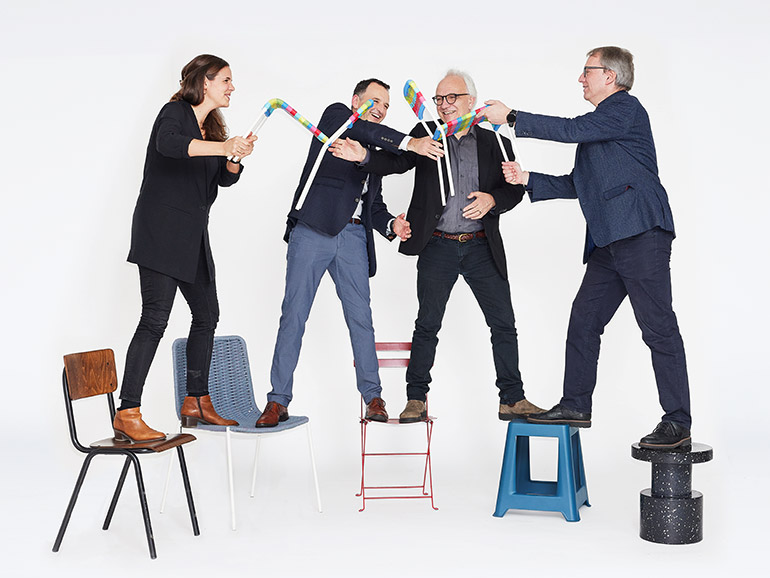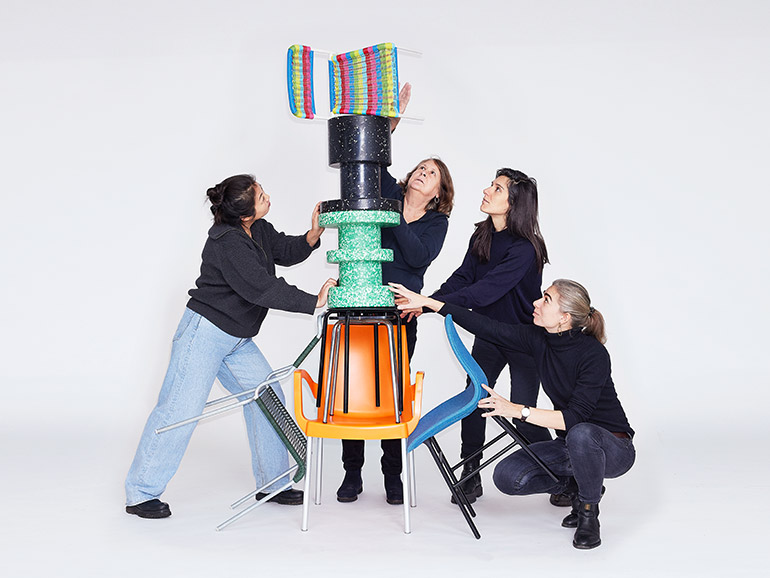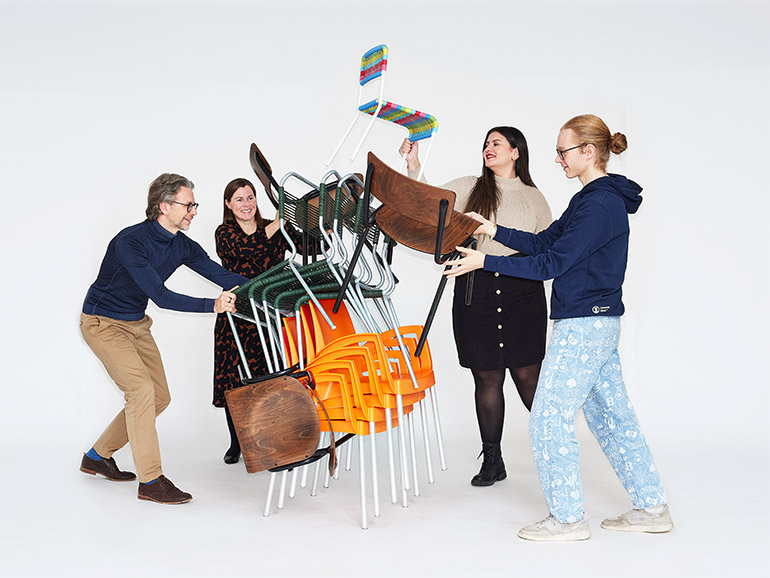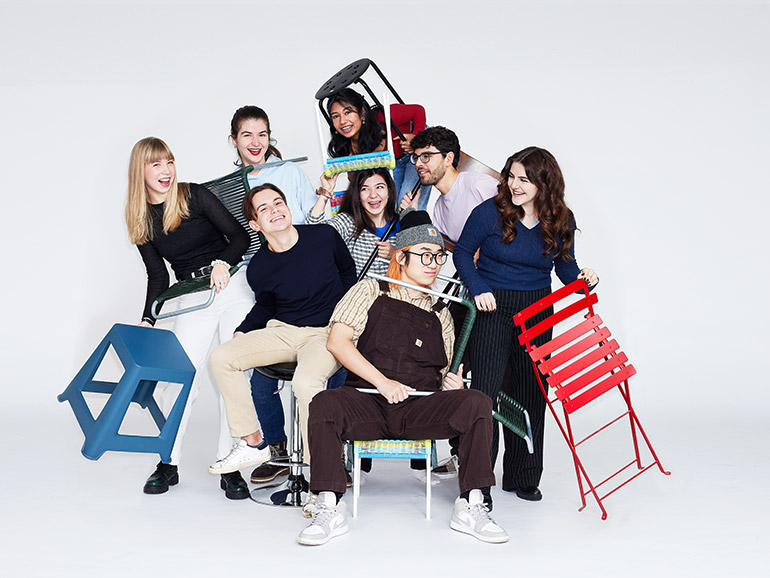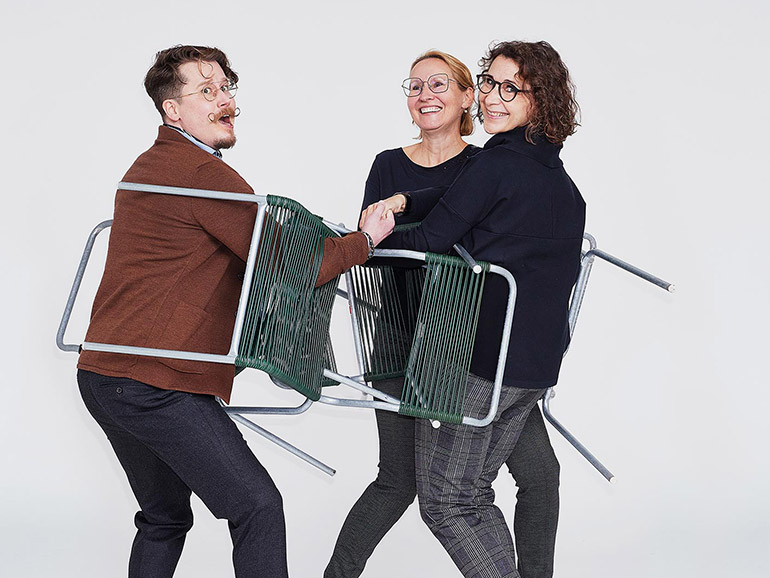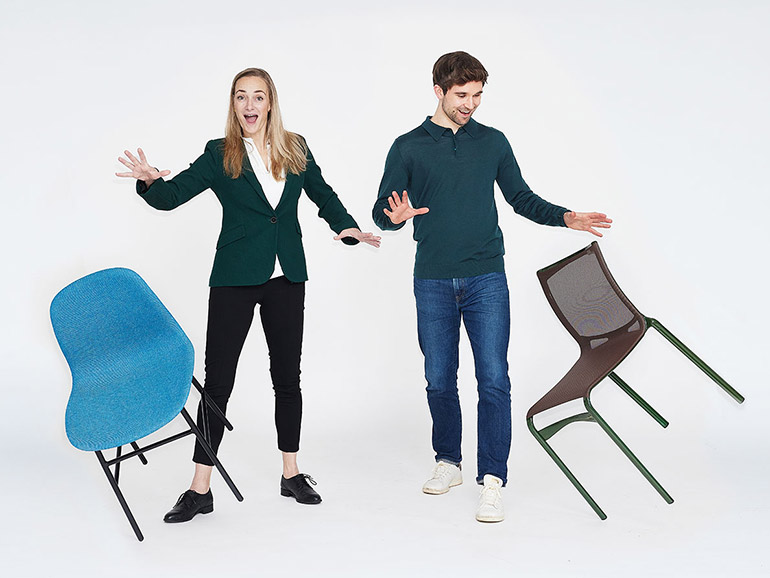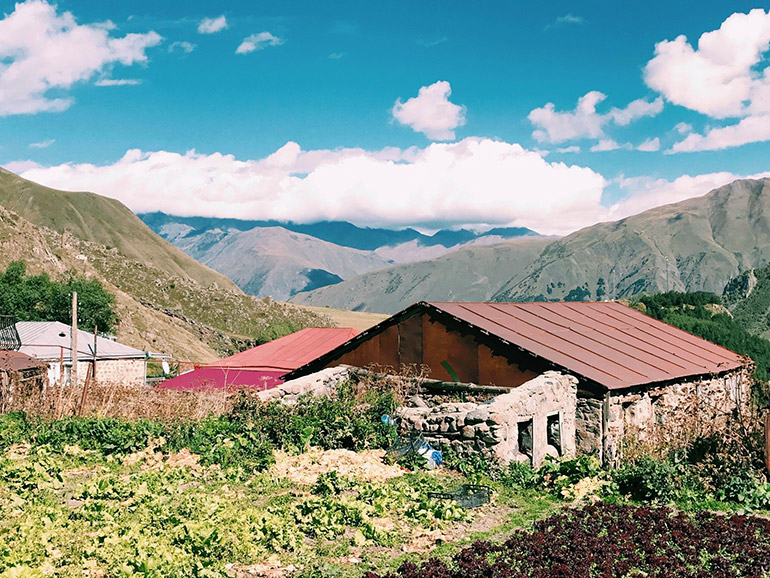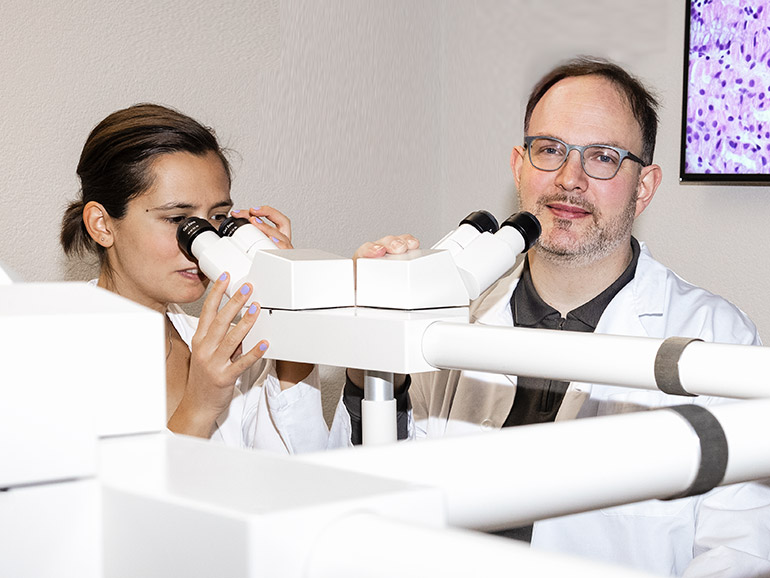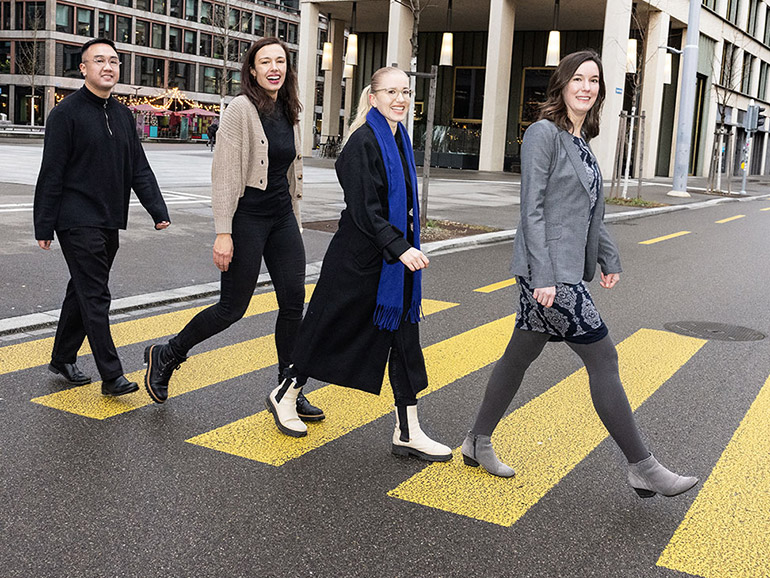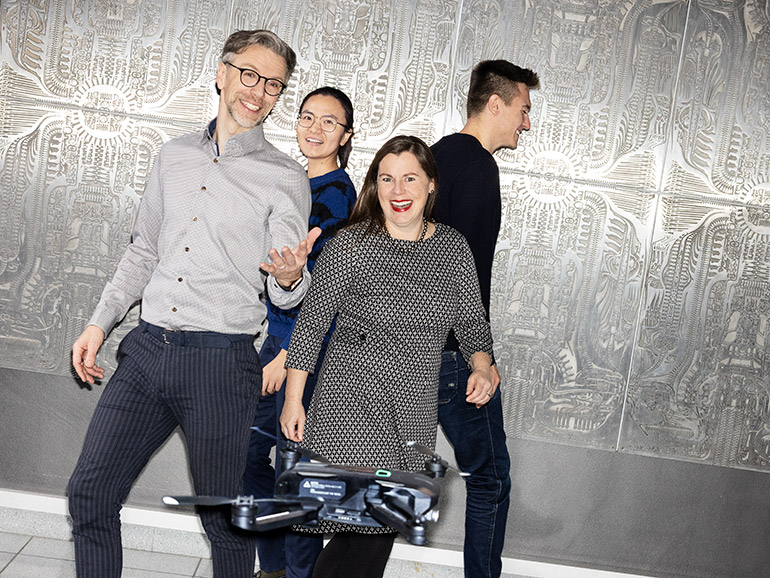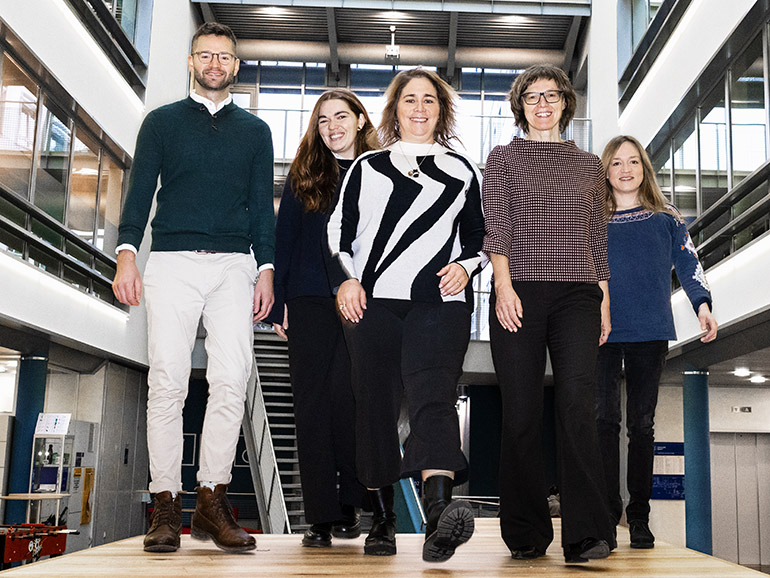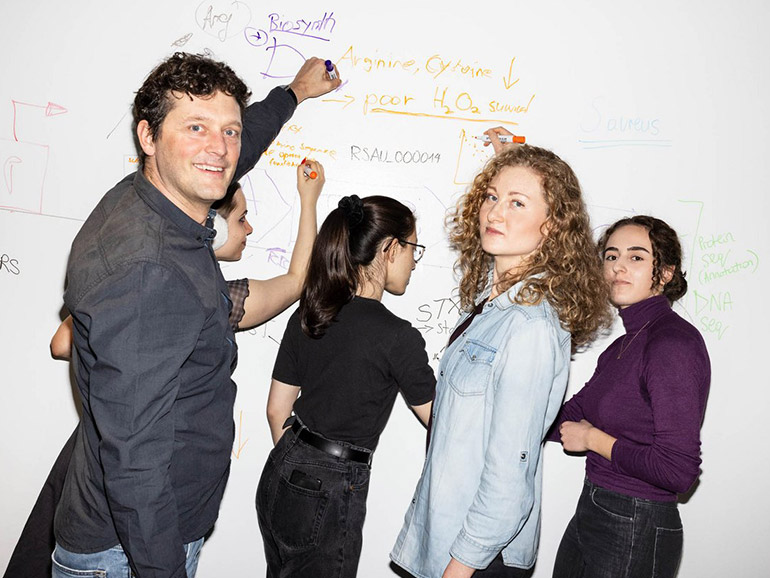Teaching Innovation Stories
The world is changing, and so is university teaching and learning. We take a look in front and behind the scenes of lectures to highlight what is so pioneering about teaching at UZH.
Grid containing content elements
The Una Europa joint Bachelor’s degree program in European studies enables students to study at up to three universities in Europe.
In the “City without Papers” project, students collaboratively investigate undocumented migrants’ precarious living conditions.
In the new Master’s minor program in Digital Skills students will not only acquire technical affinity, but will also work with researchers on pressing questions surrounding the digital transformation.
Teaching staff at UZH are developing an online tool that prompts students to come up with possible exam questions based on their teaching materials.
The medical program at UZH is being given a fundamental overhaul: the development of clinical thinking and practical skills is to be prioritized over top-down teaching of theory.
In digital self-study areas, students can learn at their own pace, taking into account what they already know. An online training course supports teaching staff in setting up their own e-learning hubs.
A collaborative seminar at UZH and Tbilisi State University explores the challenges faced by both the Alps and the Caucasus region – with the help of a custom-developed app.
The MyMi.mobile 2.0 app enables medical students to use their computers or smartphones to conduct microscope examinations of pathology tissue samples.
In various innovation courses at UZH, students learn how they can translate their ideas into business solutions – including a reality check by industry experts.
A cross-faculty lecture series on machine learning introduces students to the use of algorithms in the world of work and in research.
In an interdisciplinary lecture series, Right Livelihood Award recipients talk about how they have been able to initiate sustainable developments, from peacebuilding to preserving biodiversity.
In the Research Cycle in Genomics block course, students experience research firsthand, by formulating their own research questions based on experimental data and then investigating them.
- Across Europe in Three Years
- Teaching Turned Upside Down
- Ready for the World of Work?
- From Learners to Co-Creators
- A New Era in Medical Training
- Ready for E-Learning
- Share Your Mountain Landscapes
- From Lab Bench to Sofa
- Pitch Perfect
- Programming and Reflecting
- Sustainability Now!
- Taking the Plunge into Research
- Game-Changing Teaching Approaches
